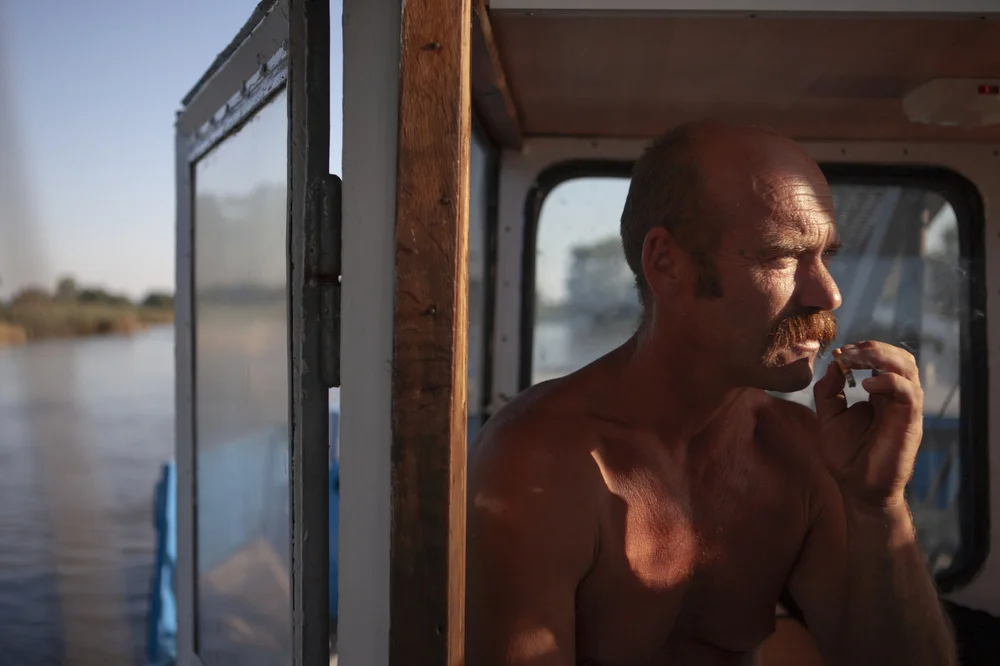
Hartono, a 67-year-old green mussel fisherman, lives on Jakarta's north coast, a profession he has practiced for about 40 years. As an immigrant from Yogyakarta who knew nothing about fishing, he never imagined he would spend the rest of his life as a fisherman. "Initially, I was an employee who worked in administration, and then I tried to join some of the fishermen here in fishing," Hartono stated. "From several types of fishermen and their catches, I chose to be a green mussel fisherman."
Like many fishermen on Jakarta's north coast, he has experienced periods of change that have shaped his behavior. For several reasons, Hartono frequently decides not to go to sea during particular seasons, such as when industrial garbage, particularly mercury waste, is frequently dumped into the sea by industries in the northern region of Jakarta. The marine waters of Jakarta are often contaminated, or green mussels are killed by this pollution. Referring to tempo.co, "The levels of heavy metals in shellfish that come from Jakarta Bay are so high that they are hazardous for human consumption," stated Professor Etty Riani of IPB University's Faculty of Fisheries and Ocean Sciences.
Regrettably, fishing groups are frequently unaware of this pollution issue. Hartono and other green mussel fishermen had little choice but to become fishermen to survive, even if they were aware of it. However, there is growing uncertainty over climate change. Rising sea levels and ground subsidence have affected social aspects for fishermen on Jakarta's north coast. Since it has become harder for Hartono and his fellow fishermen to predict the weather over the past ten years, they frequently go farther and take longer to reach the sea; if things get more severe, they don't go any further.
Why did you retire or why are you still working?
Why did you retire?
Why are you still working?
Even though I am no longer young, I still have pride in my profession and must maintain it. I know that the ocean out there might harm me, but at sixty-seven, it is more desirable for me to work. I must support myself and my wife. I don't want to depend on my children. However, without a boat, I face a daily challenge as a fisherman and must come up with creative ways to go fishing with other fishermen of varying ages. Our contributions are mutually beneficial, particularly when the younger generation wishes to learn where and how to find green mussels.













































































.svg)






